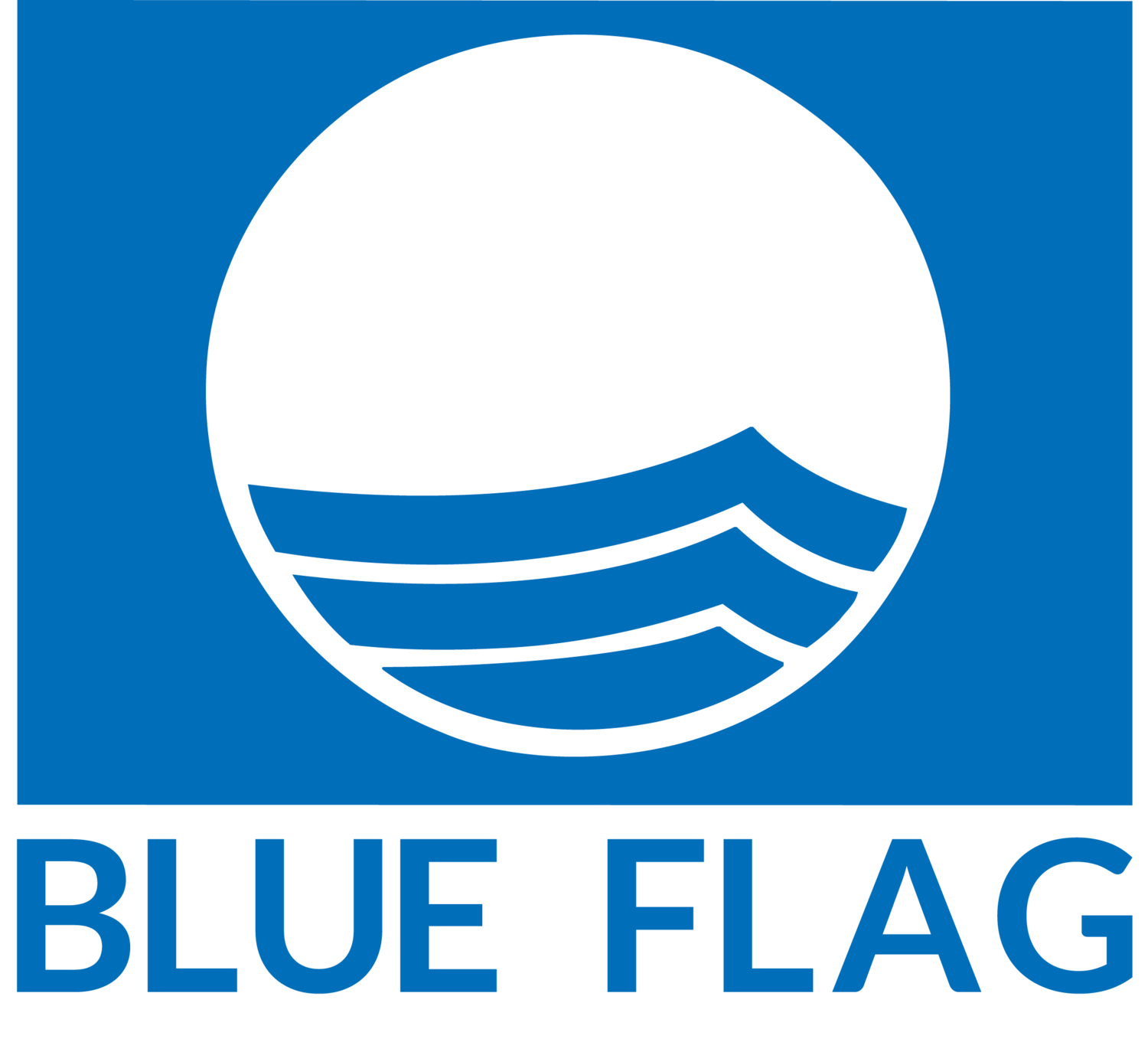POSBEMED2 is an Interreg MED project that aims to conserve beaches with Posidonia banquettes and associated foredunes by developing sustainable management approaches across the Mediterranean, in order to make the coastal environment more resilient to the external pressures it receives.
In particular, the Mediterranean coastal areas are one of the most popular tourist destinations in the world. Hence, long-term management of the coast is an important and challenging task. Posidonia banquettes and disperse seagrass wrack are often removed as part of beach cleaning activities in many localities, often for aesthetic reasons (e.g., odour, visual appearance, reduced beach use) and then disposed of in landfills or biomass waste facilities. Removing the Posidonia beach wrack poses a range of challenges for the municipalities and other stakeholders, but also implies substantial economic costs and impacts on the ecosystem.
At the same time, few guidelines and regulations address the specific role of banquettes and how to manage them in this diverse and dynamic context. On this basis, the POSBEMED2 project develops planning strategies to be incorporated into the overall coastal management strategies across the Mediterranean, that recognize the value of the Posidonia beach-dune environment, but also educates involved stakeholders and decision makers. The project further addresses key knowledge gaps, providing information that will enhance management decisions on adaptation, policy, planning and advocacy.
The main outcomes of the project are:
Integrated and transferable methodology and toolbox for Posidonia-beach management in protected areas
Set of policy recommendations and tools for integrated management of Posidonia littoral zone in protected areas
Joint Charter of Commitment for Mediterranean Municipalities
Action framework plan for Posidonia coastal zone at 7 protected areas
Transferability of knowledge and stakeholder engagement on good practices for PA’s effectiveness
The project, which has a duration of 32 months (2019-2002), is implemented in Spain, France, Italy, Croatia, Greece and Cyprus and is co-financed by the European Regional Development Fund. The project partners are: Autonomous Region of Sardinia, International Union for Conservation of Nature, Natura Jadera, Institute for the Study of Anthropogenic Impact and Sustainability in the Marine Environment of the National Research Council, Region of Central Macedonia, Hellenic Society for the Protection of Nature, Enalia Physis Environmental Research Centre, Région Sud Provence-Alpes-Côte D'azur
The Foundation for Environmental Education is an Associated Partner in the project. The protection of Posidonia oceanica is an essential part of the sustainable management of coastal areas in the Mediterranean. The Blue Flag programme is glad to take part in this initiative, promote and help protect this important component of the Mediterranean coastline.

